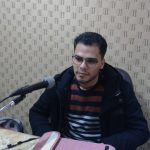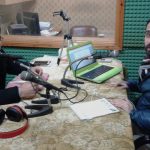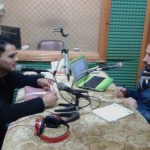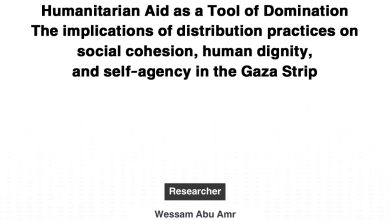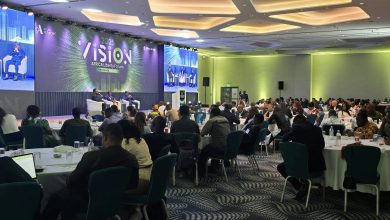Youth Participate: Scientific Research in Palestine
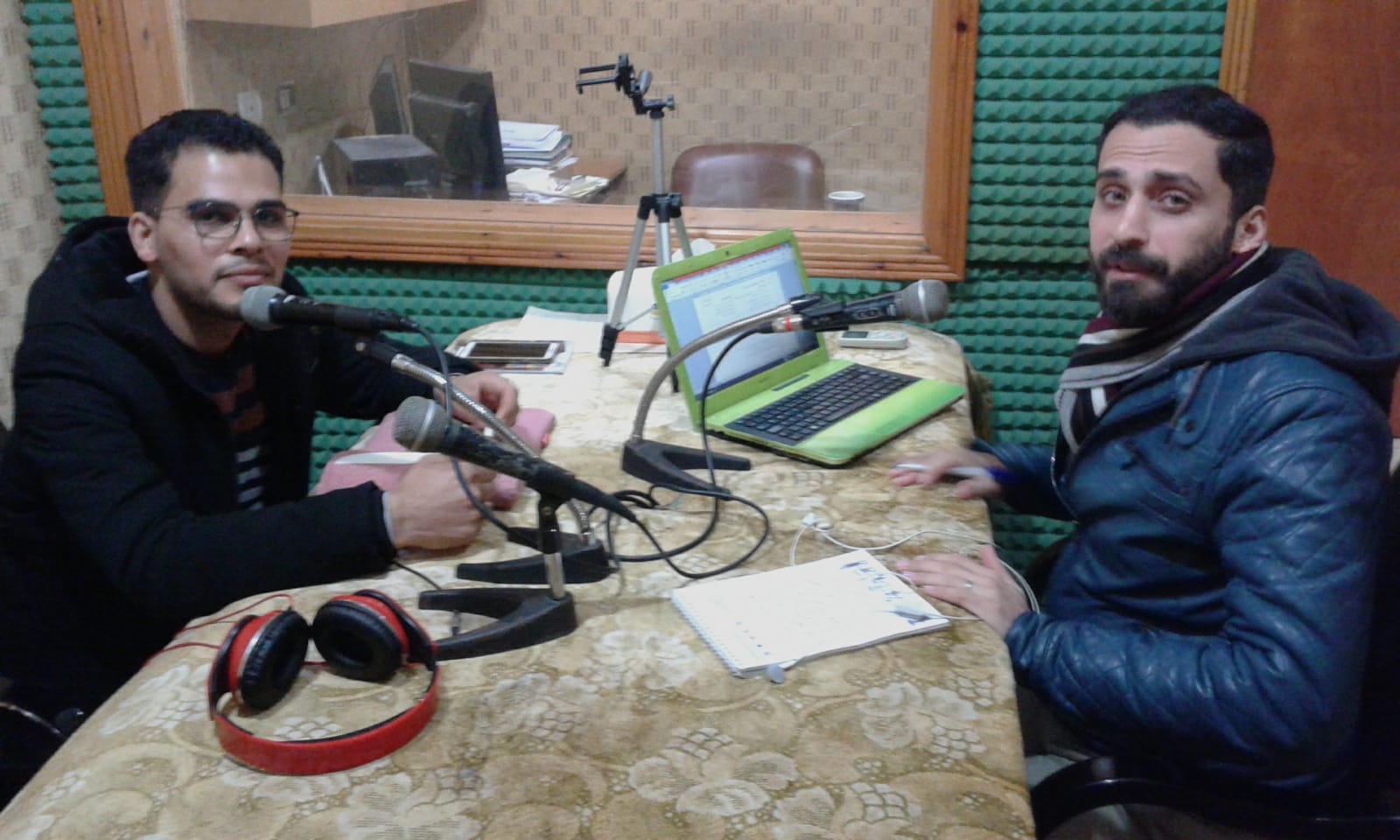
The10th episode of “Youth Participate” Radio program aired on Alwan Radio station discussed a significant topic titled “Scientific Research in Palestine and its role in solving crises” This activity is within “Enhancing Democratic Participation for Palestinian Youth” project implemented by Pal-Think for Strategic Studies and funded by the Government of Canada.
“Scientific research is the methodological path to studying a phenomenon, event, or field in order to attain the truth.” This is how Dr. Khaled Safi, professor of political history at Al-Aqsa University in Gaza during his contribution to this episode. The episode discussed a paper titled “Scientific Research in Palestine” authored by Fekri Mohammed. Safi added that the reality of scientific research in Palestine is unfortunate due to the poor funding, lack of governmental endowments from the Palestinian Authority to research, local universities’ suffering financial challenges, and the political division. He also explains that the purpose of doing research is usually related to participating in conferences and journals. According to Safi, these obstacles resulted in the graduation of university classes that are accustomed to lecturing and does not practice research. He claims that the reality of research in Palestine is not very different from its Arab neighbors in many aspects as opposed to Europeans’ interest in research through governmental endowments. Safi also raised the case of the absence of true research centers in Palestine, and that most of what is being produced is in literature fields. He recommends that such problems are addressed through a higher council for research in Palestine, and the transition of researchers from a diagnostic approach into a reformative one to bridge an existing gap between knowledge and decision-makers.
Fekri presented his research paper and discussed the importance of upholding research to high standards from its early stages, and to abandon assigning research topics which have been exhausted before. He indicated that it is important to provide viable and permanent answers to be relayed to decision-makers.
Fekri discussed Palestine’s rank in the global research race, pointing out many prominent experiments in Japan, Malaysia, and Turkey to build on scientific research and learn from it to change states and communities. He said that Palestine can turn to these countries for a role model to develop its own scientific research infrastructure and reset priorities in sensitive fields.

